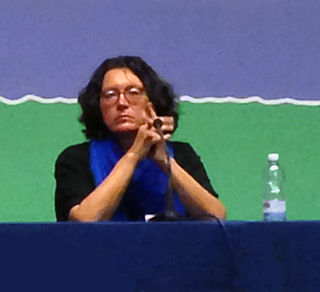A Quote by John Irving
You don't want to dwell on your enemies, you know. I basically feel so superior to my critics for the simple reason that they haven't done what I do. Most book reviewers haven't written 11 novels. Many of them haven't written one.
Related Quotes
I do write, but for now I am keeping it all in the desk drawer. I have always written. The only book that I have published was "Revolution," during the election campaign, a book that contains both personal and political chapters. I have never been happy with what I have written, including three novels that, from my point of view, are incomplete.
I think most Israelis prefer not to know. So for them, texts about the occupation are like something that's been written in a foreign language that they can't understand. If they want, you can translate it to them. But it is their choice. In general, though, I think Israelis don't want to know. Very few do. Basically, I write to the converted.
By the time I was doing "Kill Bill," it was so much filled with prose that, you know, I start seeing why people write a screenplay and make it more like a blueprint, because basically I had written - in "Kill Bill," I had basically written a novel, and basically every day I was adapting my novel to the screen on the fly, you know, on my feet.
The thing we call critics are not really reviewers, they are not really critics. They don't have the discipline to write what we would term as critique - it's really just reviewers. They have a common man kind of taste. If you watch them overall, they are not different from the box-office. That's my view.
I never felt like a happy-go-lucky ingenue to begin with. And parts are written better when you're older. When you're young, you're written to be an ingenue, and you're written to be a quality. You're actually not written to be a person, you're written for your youth to inspire someone else, usually a man. So I find it just much more liberating.
Book critics certainly are judges who wield a tremendous amount of power in terms of whether or not a book will reach a wider audience. That's one of the reasons why I try to give coverage to books written by Latinx writers; too many worthwhile works of literature do not get the kind of coverage they deserve, and I've certainly seen that with respect to books written by writers of color. But there are some wonderful, diverse writers out there who mentor and otherwise support those voices that often have been ignored by much of the mainstream press.






































